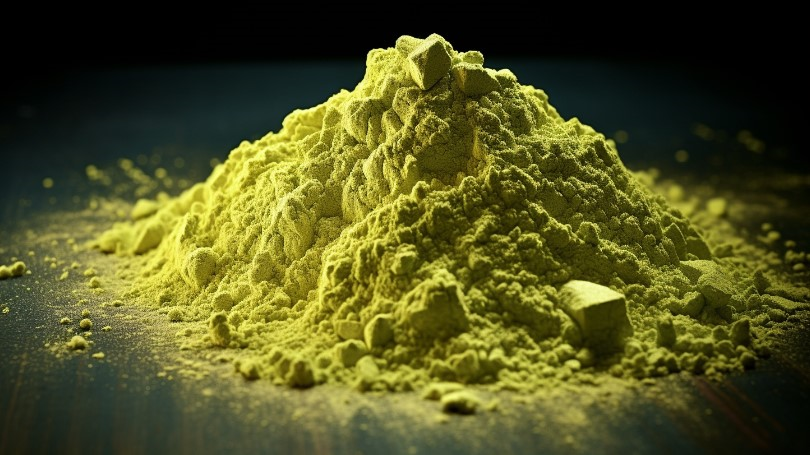Quercetin and health

Quercetin (also known as quercetin) is a flavonoid widely distributed in the plant kingdom. It is found in onions, apples, tea, red wine, green cauliflower and ginkgo biloba. It is also found in safflower, thorn ginseng, astragalus and ginkgo leaves. Important flavonoid components of more than 100 Chinese herbal medicines such as , Apocynum, Panax notoginseng, Sophora japonica and so on.
Quercetin has various biological effects such as antioxidant, anti-cancer, anti-bacterial and anti-viral, anti-inflammatory and anti-allergic, anti-diabetic complications, etc. It is important in the treatment and prevention of degenerative diseases such as human tumors, aging, and cardiovascular diseases. significance.
Quercetin antioxidant
Quercetin is a powerful antioxidant in nature, its antioxidant capacity is 50 times that of vitamin E and 20 times that of vitamin C. Studies have shown that quercetin has good scavenging effects on superoxide anions, hydroxyl radicals and singlet oxygen, and there is an obvious dose-effect relationship.
Quercetin anti-inflammatory effect
Quercetin can inhibit the production and gene expression of TNF-α and the expression of inflammatory mediator genes by regulating NF-κB, thereby reducing the release of inflammatory mediators. Quercetin’s antioxidant effects also help reduce inflammation.
In a 1-month randomized, double-blind controlled crossover trial, the research subjects were 30 patients with chronic pelvic pain. The experimental group took 500mg of quercetin daily, and the control group took a placebo daily. The study showed that the experimental group The patient’s symptoms improved significantly.
Quercetin protect cardiovascular system
The cardiovascular protective effects of quercetin are mainly reflected in five aspects:
① Dilate blood vessels and lower blood pressure: For example, quercetin can inhibit the release of endothelin, reduce blood vessel tone, and thereby lower blood pressure.
② Prevent and treat coronary heart disease: Through animal experiments, the function of reducing the incidence and mortality of myocardial infarction and lowering blood sugar has also been discovered;
③ Reduce myocardial hypertrophy; Quercetin can significantly inhibit the increase in total protein content of myocardial cells caused by angiotensin II, significantly increase SOD activity, reduce MDA content, and have a significant preventive and therapeutic effect on myocardial cell hypertrophy.
④Inhibit the proliferation and hypertrophy of vascular smooth muscle cells;
⑤Anti-thrombosis.
Quercetin and respiratory diseases
Quercetin has good expectorant and cough-relieving effects, and has a certain antiasthmatic effect. It has been used to treat chronic bronchitis for a long time. Quercetin’s effects on respiratory health are achieved through mucus secretion, anti-viral, anti-fibrosis, anti-inflammatory and other pathways.
Quercetin also has a wide range of anti-fibrotic effects, including anti-fibrosis of the liver, lungs, heart and kidneys. Its mechanism of action is relatively complex, including inhibiting fibroblast proliferation, inhibiting collagen synthesis, preventing oxidative damage, inhibiting angiogenesis, etc. .
Quercetin reduce the risk of certain tumors
Quercetin has a very wide range of anti-cancer activity and is effective against a variety of malignant tumors, such as lung cancer, nasopharyngeal cancer, colon cancer, liver cancer, gallbladder cancer, gastric cancer, pancreatic cancer, breast cancer, ovarian cancer, cervical cancer, prostate cancer, and bladder cancer. Cancer, melanoma, neuroblastoma, leukemia and other tumor cells all have inhibitory effects.
Quercetin antibacterial effect
Quercetin has broad-spectrum antibacterial properties and is more effective against Gram-negative bacteria than Gram-positive bacteria.
Studies have shown that quercetin has the best antibacterial effect against Staphylococcus aureus; the second best antibacterial effect against Bacillus glioides; it also has obvious antibacterial effects against Escherichia coli, Bacillus thuringiensis, Bacillus subtilis, and Pseudomonas aeruginosa.
Quercetin skin color enhancement and skin protection effects
Studies have found that the number of melanocytes increased significantly after external application of quercetin on the epidermis of guinea pigs, which has a color-enhancing effect on the back skin of brown guinea pigs and has the function of promoting melanocyte proliferation and melanin synthesis.
In addition, quercetin can also interfere with collagen transcription, and combined with radiation, significantly reduces collagen synthesis in keloid fibroblasts cultured in vitro. Therefore, quercetin has the potential to become a new keloid treatment.
Quercetin other functions
Quercetin has a variety of biological activities. In addition to the above values, it also has hypoglycemic, antidiarrheal, antiviral, antithrombotic, analgesic, anti-obesity, antidepressant, liver protection and other effects.
